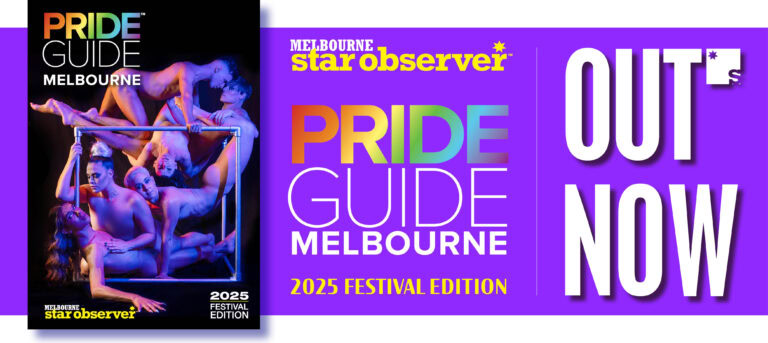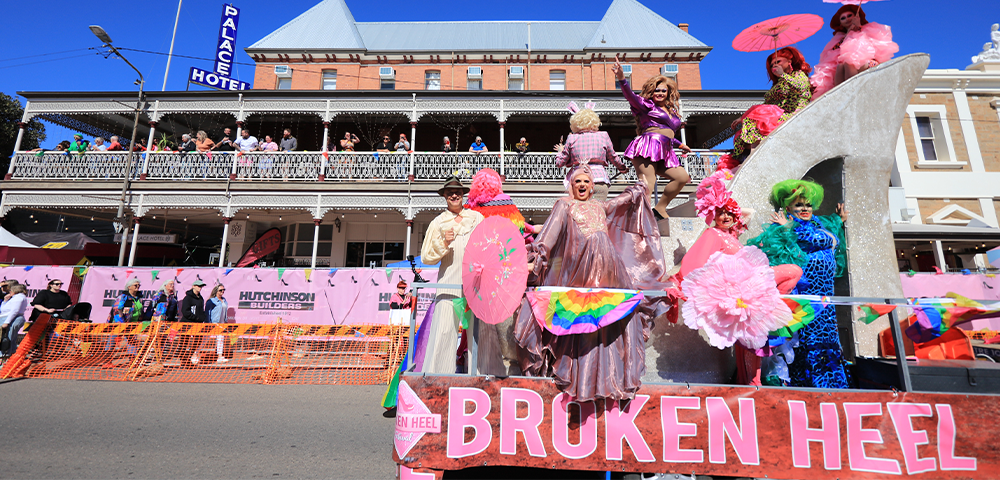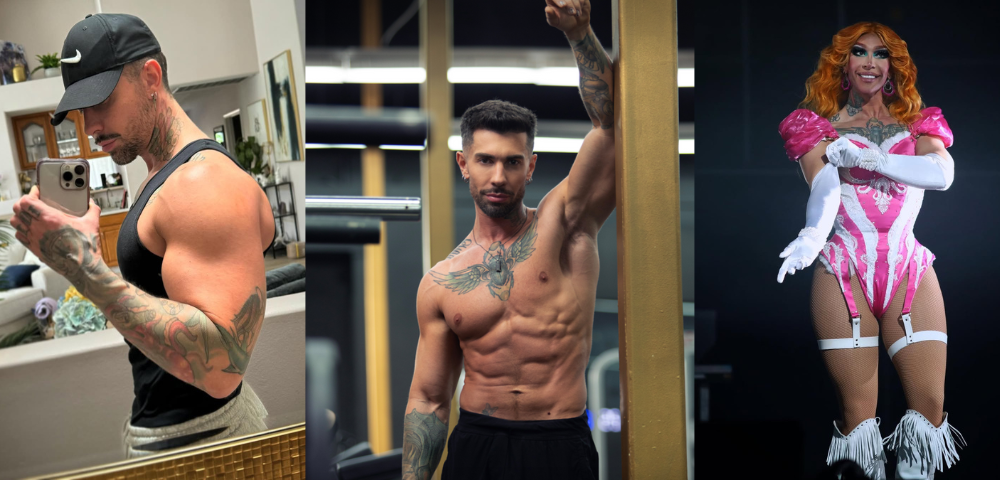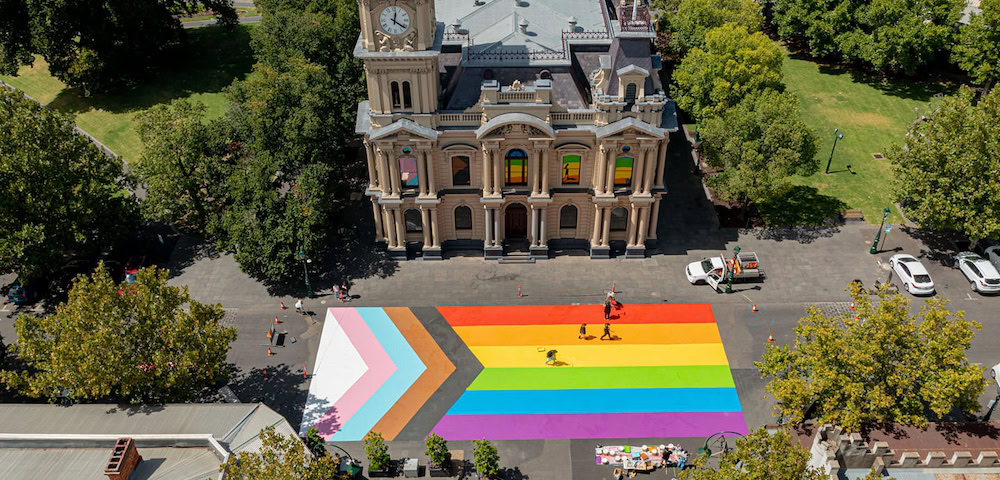
Diimpa Discusses The Importance Of Queer First Nations Art
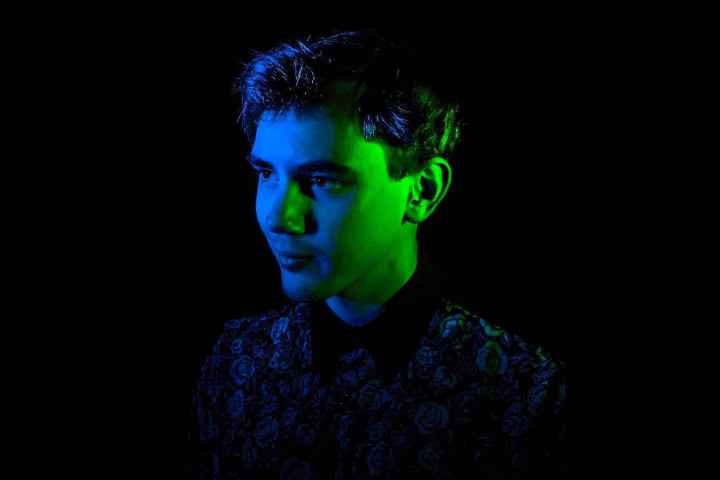
Darebin’s brand-new multi-arts festival FUSE has continued to put the Melbourne local arts scene front and centre during spring 2020. Now, FUSE is launching a new project entitled Wurru-Wurru, which will see six local artists handpicked to create fresh and original music, poetry, dance and visual art.
One of these artists is Diimpa, a proud mixed Kabi Kabi autistic queer man who spoke with Star Observer about the project, the importance of storytelling and what it means to be a Queer First Nations Australian.
“I create minimalist and ambient music soundscapes, and I draw inspiration from my own life experience as a queer autistic and mixed race Kabi Kabi artist,” Diimpa explained. “The word Wurru-Wurru means kingfisher and sky in Woiwurrung language. The project has been created by Allara Briggs Pattison who is an amazing Yorta Yorta artist who bought us all together. It’s a selection of six First Nations artists who have been bought together in post COVID times.”
In Diimpa’s work, the Sacred Kingfisher is caught in a dreamy filmic time-lapse played out against a transcendental electronic soundscape.
“Migration is not only about the Sacred Kingfisher’s yearly journey from north to south, but also tells of my own journey across country,” Diimpa said. “Story telling is really important, but, something which is interesting for me to navigate because I am instrumental artists. Still, storytelling is integral because I need to really convey this story. Through this project we have all come together on this central story of the kingfisher, where it migrates from the north to south every year.
“But for a long time, the kingfisher was not seen down here in Victoria because their place is along Merri Creek, which used to be a dumping place, it wasn’t till the 90s when regeneration projects were started by our Mob, that the kingfisher was seen again. All six of us have come together to focus on this one story, but it’s interesting how different our outputs are.”
With so much damage being inflicted to Country and to First Nations culture over the decades since 1788, the point Diimpa makes here is an important one.
“First Nations knowledge is super important. We’ve lived here harmoniously for tens of thousands of years. But our knowledge was blocked for a really long time and its only now that people are starting to listen again.
“It’s only now that the people who need to listen are beginning to listen, it’s a slow process to try and get that knowledge out there. People taking the knowledge the right way is so important too, because people can often use it against us, which is really tough, that’s why we have issues in our Mob of trusting people.”
But the issues don’t stop here.
“The problems I face as a First Nations person in the queer community is that gay spaces can be quite white and homogenous, so it’s difficult to navigate through them sometimes. I think there needs to be a lot more representation of First Nations people in the queer community.
“Being queer and First Nations and also being disabled are definitely interesting intersections and ones that are often interlinked throughout history. For example, queer people have often been the soothsayers, the storytellers, the artists and the people who bought the stories and bought the knowledge.
“Disabled people have also been seen as people who have different ways of thinking and that was often revered. These were very prevalent in First Nations culture throughout history, but a lot of that has been lost through colonisation and through Christianisation, so we have lost that queer connection we used to have.
“Our Mob and queer people go hand in hand I think, because we are fighting for the same thing, for knowledge and for the same ability to have our own space and all that stuff. It is slowly changing, but together we need to keep fighting.”
For more info on Wurru-Wurru you can head to FUSE Darebin’s website.
